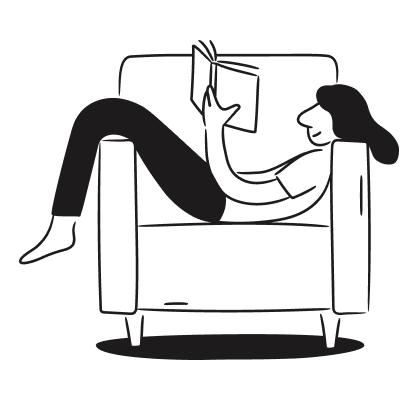Feeling under pressure to have the ‘perfect Christmas’?


Feeling under pressure to have the ‘perfect Christmas’?
-p-3200%201-min.jpg)
-p-3200%201-min.jpg)

74% of people in the UK said that stress made them feel overwhelmed or unable to cope
Feeling stressed from time to time is normal but this can be heightened during Christmas. Worrying about money, having enough time to do everything, keeping the kids occupied, feeling pressured to be in a party mood, and being surrounded by family for extended periods may cause us to feel stressed and anxious, affecting our mental health.
However, just because stress is common doesn’t mean that we shouldn’t try to manage it. If feelings of stress aren’t dealt with, they can pile up and take a toll on our physical and mental health.
Don’t put off getting support if you are feeling stressed, overwhelmed or on the edge.
Typed cognitive behavioural therapy (CBT) can provide effective strategies for managing your feelings and improving your emotional wellbeing.
Why typed therapy?
Typed therapy takes place online, so you can type with a therapist from the comfort of your sofa and won’t need to travel anywhere. Choose a time convenient for you to type with your therapist.
Before each session, your therapist will check in with how you are, so we can tailor your treatment to be as effective as possible. Between sessions, we’ll ask you to keep a journal and do thinking exercises to help develop positive, long-term habits.
Research shows a little work leads to better recovery and can help keep you feeling well after your therapy sessions have ended.


How it works
Our patients tell us typed therapy makes it easier to open up and reflect on their thoughts and behaviours than if they were sat in front of a therapist. The additional benefits of typed therapy include:
This is typed therapy...
.png)

Begin your therapy in four steps
1. Refer and register
Self-referral is available in your area. Self-referring allows you to access online therapy quickly and easily without the need to visit your GP. Once you have self-refered and created your account, complete your questionnaires. We will then find the best therapist for your needs.

2. Start therapy
Chat with your therapist. They’ll create a treatment programme designed just for you and will help you set goals, break down issues and change unhelpful thoughts and behaviour patterns.

3. Practise
Between sessions you’ll use the new skills your therapist has taught you in real life. Your therapist will track your progress using questionnaires before each session and target the most persistent and troubling areas.

4. See results
Your therapist will help you monitor change and target the most persistent and upsetting areas.


Get started with Mindler (previously ieso)
Click the button below to self-refer. If you'd like to find out about other mental health support options available in your area, visit the NHS website.



